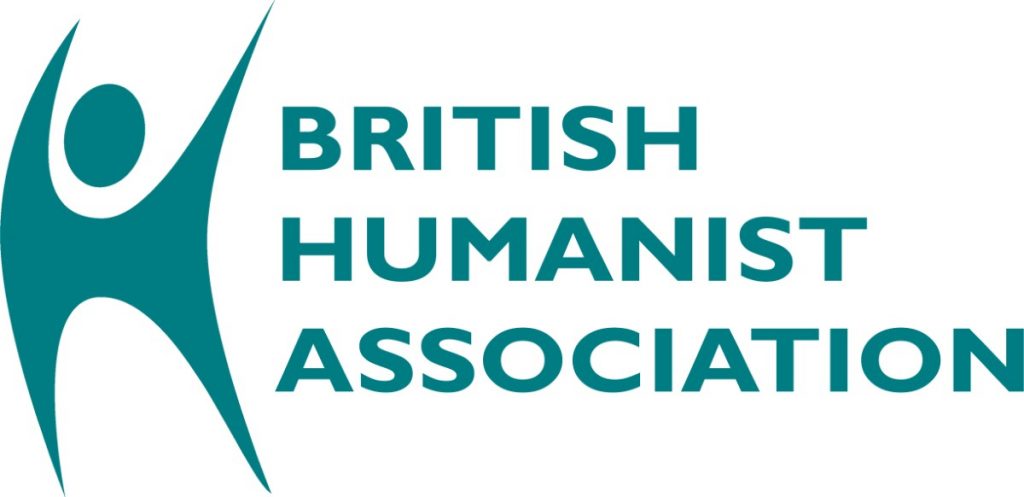BHA: New infographic on Census results show rise of non-religious in England and Wales, and how the figures are still not a true representation
The British Humanist Association (BHA) has released an infographic to show the rise in the number of people who ticked ‘No Religion’ in the 2011 Census, and the decline in the number of people who ticked ‘Christian’ since 2001.
The infographic is at http://humanism.org.uk/campaigns/census-2011/census-2011-results/.
The data on religion produced by the 2011 Census gives a misleading picture of the religiosity of the UK, despite the rise in the percentage of non-religious. This is because of the flawed nature of the Census question on religion. ‘What is your religion?’, the question which was used in England and Wales in the 2001 and 2011 Censuses, is a loaded question, because it assumes that the respondent has a religion. In addition, many respondents who answer this question by ticking a religion only do so because their family brought them up in that faith, not because they still believe in it or actively practice it. The data on religious belief in the Census should therefore be viewed as indicative of culture rather than of religion.
The figures were probably also distorted by the fact that the question on religion appeared immediately after a series of questions on ethnicity, which may well have encouraged people to respond more on the basis of culture than actual beliefs or religious affiliation.
Data from other surveys
The Census information on religion contradicts data from various other surveys over the past decade, which record even higher figures for the percentage of the population which is non-religious. In the results of the 29th British Social Attitudes Survey (BSA), published in September 2012, 45.7% of respondents claimed not to belong to a religion. The results also showed that levels of religious practice remain static at a low level, with only 14.3% claiming to attend religious services once a week or more. The BSA’s question on religious upbringing also showed that many respondents have left the religion which they were brought up in. Only 18.3% said that they were brought up in a family which did not have a religion. The non-religious group therefore includes a large number of people who had a religious upbringing but decided to leave their faith. Compared with the results of the first BSA in 1983, the results showed that religious identity in Britain has been in decline over the past three decades.
An Ipsos Mori poll published in 2007 also showed that 36% of people are humanist in their basic outlook. According to this survey, 41% endorsed the statement ‘This life is the only life we have and death is the end of our personal existence’. 62% chose the statement ‘Human nature by itself gives us an understanding of what is right and wrong’, against 27% who said ‘People need religious teachings in order to understand what is right and wrong’.
A poll conducted by YouGov in March 2011 on behalf of the BHA confirms the way in which the Census question in England and Wales encourages people to say that they belong to a religion, even if they do not actually hold religious beliefs. In the YouGov poll, 61% of respondents in England and Wales ticked a religious box when asked ‘What is your religion?’ (53.48% said they were Christian, and 7.22% said that they belonged to other faiths), while 39% ticked ‘No religion’. However, when the same set of respondents were asked the follow-up question ‘Are you religious?’, only 29% said ‘Yes’, while 65% said ‘No’.
Government use of Census data
Apart from the inaccuracy of the Census data collected on religious affiliation, there are real, practical problems with the use of such data. The Census data on religion says nothing about the actual religious practice, involvement, belief or belonging of the population – and as we have seen, measuring any of these finds significantly higher numbers in the ‘None’ camp. However, central and local governments use the data in resource allocation and for targeting equality initiatives. In the past, the large percentage of the population designated as ‘Christian’ in Census data has been used in a variety of ways, such as to justify the continuing presence of Bishops in the House of Lords, to justify the state-funding of ‘faith’ schools (and their expansion), to justify and increase religious broadcasting and to exclude the voices of humanists in parliament and elsewhere.
The police, the NHS and local authorities use Census data when making decisions about resource allocation, and this means that there are detrimental effects on local policy as well. Inflated figures on religious belief can lead to decisions which treat non-religious people as if they are active practitioners of a particular faith, when they may only have a loose cultural affiliation. For example, someone who loosely identifies themselves as Christian in a cultural sense might not necessarily agree with the idea of Christian organisations taking over public services in their area.
Notes
Please contact BHA Chief Executive Andrew Copson on 07534 248596 or at andrew@humanism.org.uk.
Visit the BHA’s Census Campaign website: http://census-campaign.org.uk/
View the BHA’s infographic, also attached: http://humanism.org.uk/campaigns/census-2011/census-2011-results/
Read other surveys and statistics on religion or belief: http://www.humanism.org.uk/campaigns/religion-and-belief-surveys-statistics
The British Humanist Association is the national charity working on behalf of non-religious people who seek to live ethical and fulfilling lives on the basis of reason and humanity. It promotes a secular state and equal treatment in law and policy of everyone, regardless of religion or belief.





-01.png)